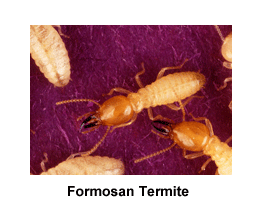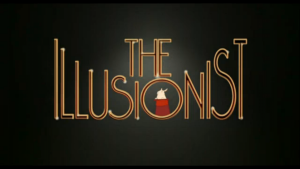Based on confidential discovery material about decades-old abuse allegations from the Archdiocese of New Orleans’s internal investigation—concerning a priest not listed on the public “Credibly Accused List” and not named in any proof of claim—an attorney texted a high school principal to confirm the priest still served as chaplain and then emailed a reporter naming the priest, identifying his employment, and urging the reporter to “[k]eep this guy on your radar.”
Enforcing a protective order and affirming the trial courts’ substantial sanction on the attorney, Trahant v. Unofficial Committee holds that even if a person’s name or workplace are publicly knowable, linking that person to non-public abuse allegations learned through discovery is confidential under that order, and may not be disclosed absent consent or a court order. Emphasizing the protective order’s specified mechanism for challenging confidentiality designations, the Court rejected the notion that perceived “over-classification” permits unilateral disclosure, noting the proper course is to seek declassification from the court before dissemination.
As to remedy, the Court afirmed a compensatory fee award under Rule 37(b)(2) as a proportionate remedy tailored to the expenses caused by the violation. The amount was supported by invoices and a trustee report that the bankruptcy court expressly considered, and the award reflected a roughly 50% reduction from the total costs to ensure the sanction was no more severe than necessary to deter and redress the misconduct. No. 23-30466, Jan. 2, 2026.












